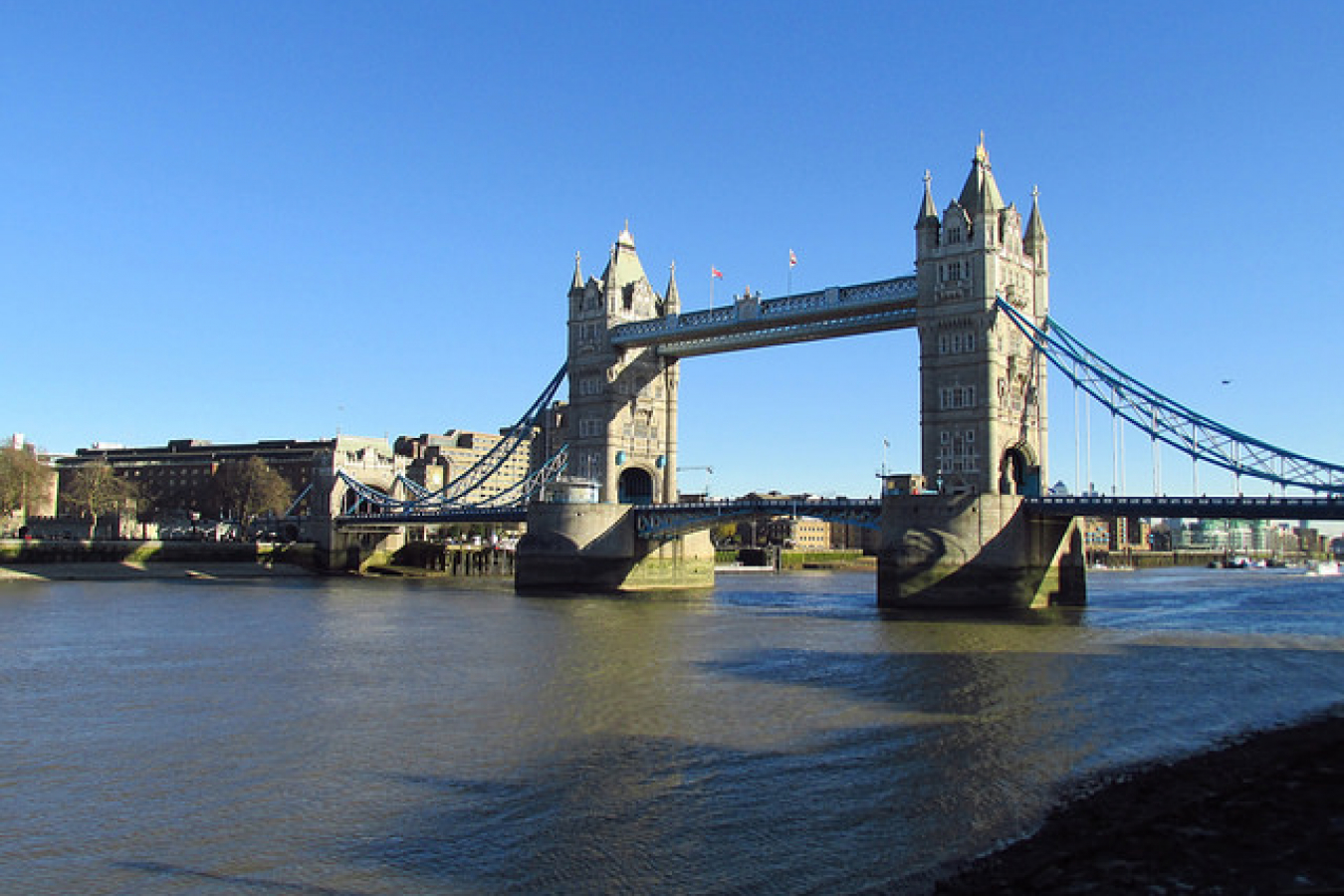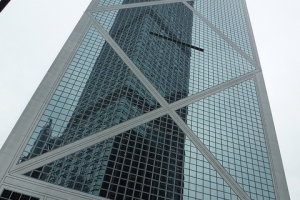Support migrant centric journalism today and donate

The doctors are selling sponsorship letters for up to £100 each, a Sunday Times investigation has found. The letters are used to convince the Home Office to grant visitor visas in the belief that the students have enrolled for full-time courses in Britain.
The report claimed that many students leave the courses and disappear to join the growing pool of illegal immigrants in Britain.
In some cases, doctors running the courses helped the students obtain illegal work in restaurants, hotels or elsewhere in the black economy, the daily said.
The immigration loophole is a by-product of the government's drive to encourage foreign health workers to come to Britain to meet the staff shortage in the National Health Service (NHS).
About 7,500 foreign medical students enter the UK every year to take the courses, compared with an annual 1,000 five years ago.
Last week, a Sunday Times reporter, posing as the brother of a doctor called Iqbal from Bangladesh, was able to buy sponsorship letters in a fake name from three companies.
The firms are run by British doctors who profit from the booming industry by running unregulated courses purportedly designed to help overseas doctors qualify to work for the NHS, the daily claimed.
One of the doctors identified was Dr Raj Rajagopal, a registrar in cardiology at a hospital in south-west London, who in exchange of £100 provided an official letter from his private company declaring that he would give financial support to the fictional doctor during his six months in Britain.
According to the report, Rajagopal failed to make checks to establish the true credentials of the visa applicant.
He "sold" the letter even though the undercover reporter suggested to him that the "overseas doctor" might want to leave the course after a few weeks, a clear breach of visa rules, it said.
Another course is offered by Dr Usman Ahmed, who helps run a London-based firm that specialises in "mentoring overseas doctors".
In exchange for £120, he gave the undercover reporter a letter from his company to the British high commission in Dhaka. He said the payment would also cover a week's fees of the course.
Both doctors later admitted they had made a mistake in selling the letters without checking the applicant's bona fides. "Doctors are fairly unsuspecting," Rajagopal told the newspaper.
New on workpermit.com
workpermit.com's video news and past newsletters are now available in an online archive. The archive is searchable by month and year and goes back to Feb. 2004.





















